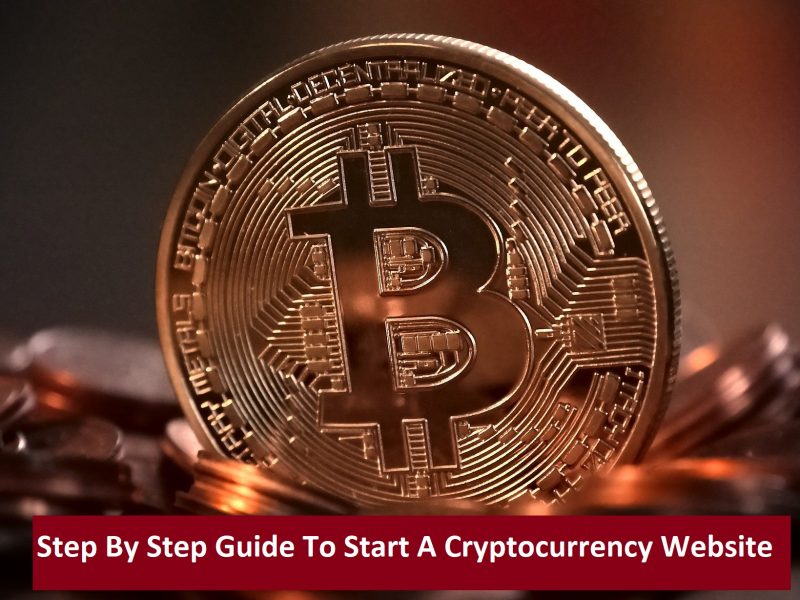The normal occurrence of stress throughout life changes into a serious health concern when it becomes persistent since it affects hair health and entire body wellness. The human body triggers cortisol hormone release when under stress yet this hormone disturbs the typical hair development patterns. Nerve disruption produces two major hair loss results which include excessive hair shedding alongside telogen effluvium that causes early entry of numerous hair follicles into resting state. Most people fail to recognize how everyday stress creates considerable damage to their scalp condition until noticeable hair thinning or bald areas develop.
Since the relationship between stress and hair loss develops slowly it becomes hard to pinpoint what started the process. Hair shedding from stress sources may appear unrelated because it emerges several months after a major psychological event. Hair loss creates emotional trauma that triggers a continuous cycle between stress which produces hair loss and hair loss that results in more stress. Students should appreciate the vital link between stress and hair health to create effective protection strategies.
How Stress Affects the Hair Growth Cycle
During normal hair cycles human hair adjusts between the anagen growth phase and the catagen transition phase before settling into the telogen resting phase. Excessive stress triggers a rapid transition of many hairs from the growth to the resting phase thus resulting in premature hair loss. Such hairs will become noticeable during normal shedding patterns after completing a few months in the growth cycle. Some hair loss happens naturally through the growth cycle but stress-related shedding triggers unexpected visible thinning of the hair.
The effects of stress result in the activation of medical conditions that cause hair loss. Research shows emotional distress does lead to the development of alopecia areata which produces patchy baldness on the head. People who face ongoing stress tend to create troublesome habits such as repeated scalp scratching and hair pulling that deteriorates follicles which results in long-term hair loss.
The Impact of Lifestyle on Stress-Related Hair Loss
The way stress symptoms appear within the body depends heavily on lifestyle variables because these elements also impact hair condition. The combination of improper eating habits and insufficient physical activity as well as inadequate rest raises stress levels increasing body susceptibility to adverse stress impacts. These conditions produce an unfavorable state that affects hair follicle functioning and results in hair strand weakness followed by increased hair loss.
High stress levels cause individuals to overlook their general health needs that further intensify their condition. People who experience stress-related hair loss usually suffer from essential vitamin and mineral deficiencies primarily affecting iron as well as zinc and biotin. Regular balanced eating combined with health maintenance practices will help the body manage stress better which consequently minimizes substantive hair loss occurrences.
Managing Stress to Prevent Hair Loss
Proper management of stressors throughout the day remains the most powerful method to stop stress from causing hair loss. Physical exercise acts as an established method to decrease stress hormone production in the body which leads to scalp circulation improvement and stress reduction. Regular practice of yoga meditation and deep breathing exercises helps individuals calm their minds and lowers their total stress which may favorably impact hair wellness.
The avoidance of stress requires building effective methods to handle pressure. Apart from hobbies and spending time with family members, individuals can recover from emotional distress through professional counseling to halt the progression of stress-related hair loss. Before stress becomes overwhelming implementing minimal stress management tactics creates a major impact on maintaining good hair health.
Professional Treatments for Stress-Related Hair Loss
When hair loss because of stress reaches serious levels individuals might require expert medical treatment for their condition. Specialists who focus on hair care as well as dermatologists will develop customized solutions based on the severity of hair thinning. The combination of therapeutic minoxidil applications and physician-written prescriptions functions as a solution for both treating hair growth induction and treating hormonal hair loss.
For individuals who prefer non-pharmacological approaches or who want to complement topical therapies, several minimally invasive, clinic-based options aim to stimulate regrowth and improve scalp health. Procedures such as platelet-rich plasma (PRP) and platelet-rich fibrin (PRF) use a patient’s own blood-derived growth factors and have shown promise in enhancing follicular activity when combined with lifestyle adjustments. Those researching clinic options in Queensland can consult practical overviews like natural and affordable hair loss treatments that clinics such as Cosmed HairSkin Solutions provide, to compare services and better understand what each therapy involves. Always review these options with a qualified specialist to develop a tailored plan based on severity and goals.
The treatment option of hair transplant Toronto becomes available when persistent bald spots do not respond to simpler procedures. People who experienced severe hair loss due to stress may choose these procedures for achieving permanent solutions though stress-related hair loss sometimes becomes reversible. Your professional assessment at an early stage will identify which solution is optimal.
Final Thoughts on Stress and Hair Loss
People will automatically experience stress throughout their lives yet learning proper stress management techniques helps to stop hair loss from developing. People who notice early indications of stress-caused hair shedding should take quick action to minimize these effects which will support long-term hair wellness. People benefit from improved overall health and hair health when they use long-term solutions for stress management combined with self-care practices and professional medical treatments.
People who experience hair loss triggered by stress often find it emotionally upsetting due to such changes in their appearance. Pay attention to relaxation practices and consume nutritious foods together with self-care activities because these strategies discourage hair damage and enable new growth. Healthcare of mental and physical conditions promotes growth of robust hair while providing balance to your entire lifestyle.




